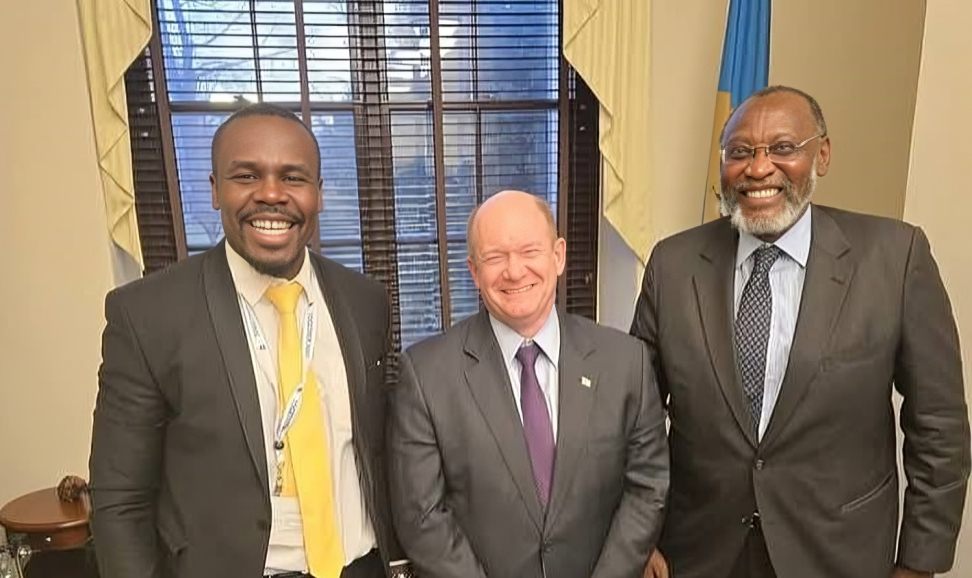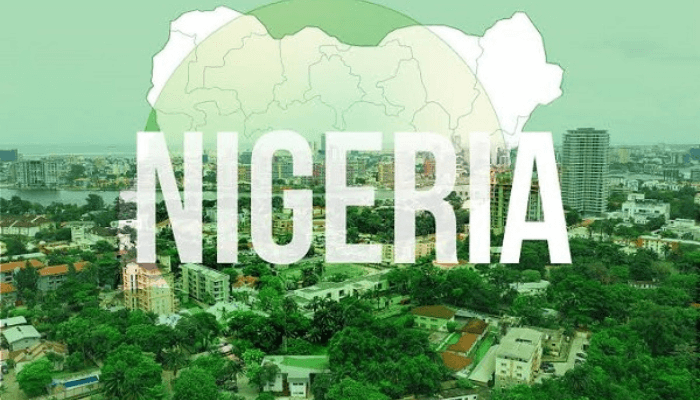SONA 2025, AI and South Africa's leadership: Why the national AI strategy can't wait
As South Africa assumes the presidency of the G20 in 2025, the world is watching how it will shape critical global policies, including artificial intelligence (AI) governance. Across the G20, countries like France, Canada, Germany, Japan and India have already finalised comprehensive AI strategies, ensuring AI is embedded in economic growth, digital transformation and workforce development.
On the African continent, Egypt, Mauritius, Rwanda, Benin and Senegal have also made significant strides in AI governance by developing their own national AI strategies. Additionally, the African Union’s Continental Artificial Intelligence Strategy (2024) provides a framework for responsible AI development, aligning ethical AI adoption with Africa’s unique economic and societal challenges.
However, despite leading the G20 and being home to some of Africa’s top AI research institutions, South Africa has not finalised its national AI strategy. The Department of Communications and Digital Technologies (DCDT) drafted an AI policy plan in 2023, but SONA 2025 failed to mention any commitment to its implementation.
While AI was referenced in fraud detection, visa automation and policing, it was not discussed as part of a structured AI policy framework. These were the only mentions in SONA 2025:
These are useful applications, but without a governing AI policy, they do not support South Africa’s long-term AI growth, workforce readiness, or economic positioning.
South Africa has made progress in AI development through the establishment of AI research hubs, which support several pillars of the draft AI strategy. However, without a finalised policy, these hubs lack the national funding, governance and regulatory frameworks needed to maximise their impact.
Key AI hubs in South Africa
These hubs support multiple pillars of the national AI policy — from AI innovation and start-up support, to workforce transformation. But without policy alignment, they operate in silos, with no clear roadmap for expanding South Africa’s AI-driven economy.
South Africa’s draft AI strategy outlines 12 key pillars for AI governance and innovation—none of which were referenced in SONA 2025.
These pillars include:
By failing to mention these pillars, South Africa’s AI development remains reactive, rather than proactive.
As G20 President, South Africa has an opportunity to:
Without a national AI strategy, South Africa risks losing influence in these global AI conversations.
The South African government must act NOW!
AI is reshaping economies, industries and governance. South Africa must act now — or risk falling behind.
About Nazareen Ebrahim
Nazareen Ebrahim is an accomplished AI ethicist recognised among the 100 Brilliant Women in AI Ethics 2024, with over 20 years’ experience spanning media, technology and communications. She serves as the AI Ethics Lead at Socially Acceptable, sits on the Minara Chamber of Commerce board overseeing its technology portfolio, and leads premier African PR firm Naz Consulting International. A sought-after international speaker and team leader at the Centre for AI Policy Development’s Advanced AI Policy Clinic, she is currently writing her first book, Africa’s 5IR: How Ethics will Lead the Technology Revolution, due in 2025.
First published on Naz Consulting International’s website and speaker profile for Nazareen Ebrahim.











